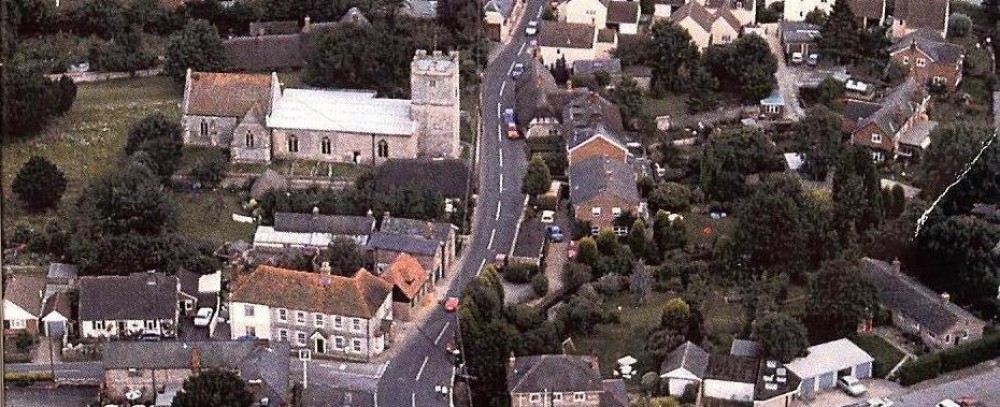Piccadilly in the Front Line
Towards the end of September 1918 I was one of a party of nine men and an officer taking part in a silent raid in the Ypres sector, a little in front of the well-known spot called Swan and Edgar’s Corner. The raid was the outcome of an order from Headquarters demanding prisoners for information.
Everything had been nicely arranged. We were to approach the German line by stealth, surprise an outpost, and get back quickly to our own trenches with the prisoners.
Owing perhaps to the wretchedness of the night – it was pouring with rain, and intensely black – things did not work according to plan. Instead of reaching our objective, our party became divided, and the group that I was with got hopelessly lost. There were five of us, including “Ginger,” a Cockney.
We trod warily for about an hour, when we suddenly came up against a barbed-wire entanglement, in the centre of which we could just make out the figure of a solitary German. After whispered consultation, we decided to take him prisoner, knowing that the German, having been stationary, had not lost sense of direction and could guide us back to our line.
Noiselessly surmounting the barbed wire, we crept up to him and in a second Ginger was on him. Pointing his bayonet in Fritz’s back, he said, “Nah, then, you blighter, show us the way ‘ome.”
Very coolly and without the slightest trace of fear, the German replied in perfect English, “I suppose you mean me to lead you to the British trenches.”
“Oh!” said Ginger, “so yer speak English, do yer?”
“Yes,” said the German, “I was a waiter at a restaurant in Piccadilly before the war.”
“Piccadilly, eh? You’re just the feller we want. Take us as far as Swan and Edgar’s Corner.”
R. Allen (late Middlesex Regt., 41st Division, 7 Moreland Street, Finsbury Park, N.4

